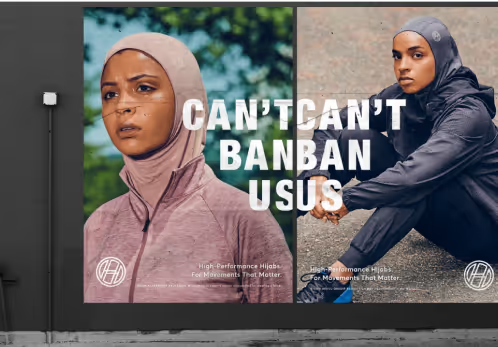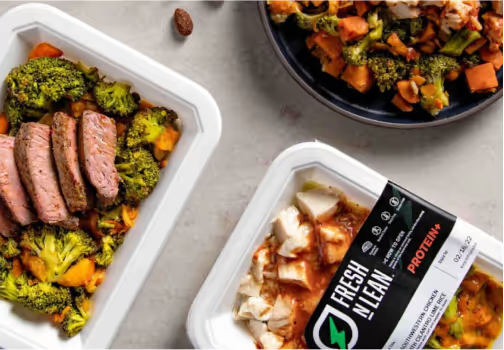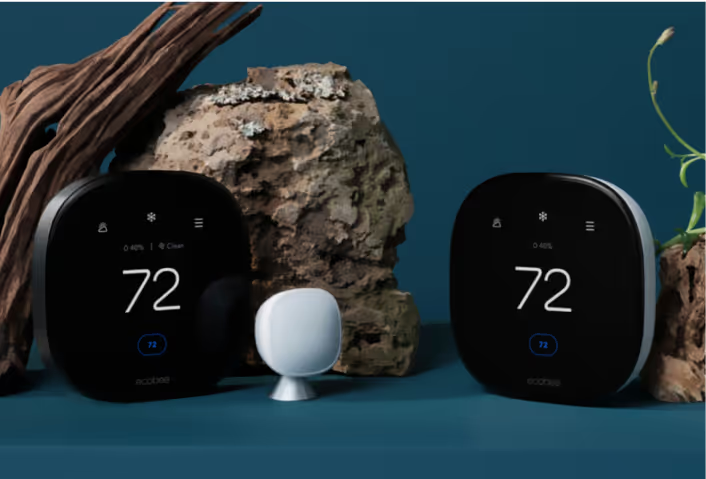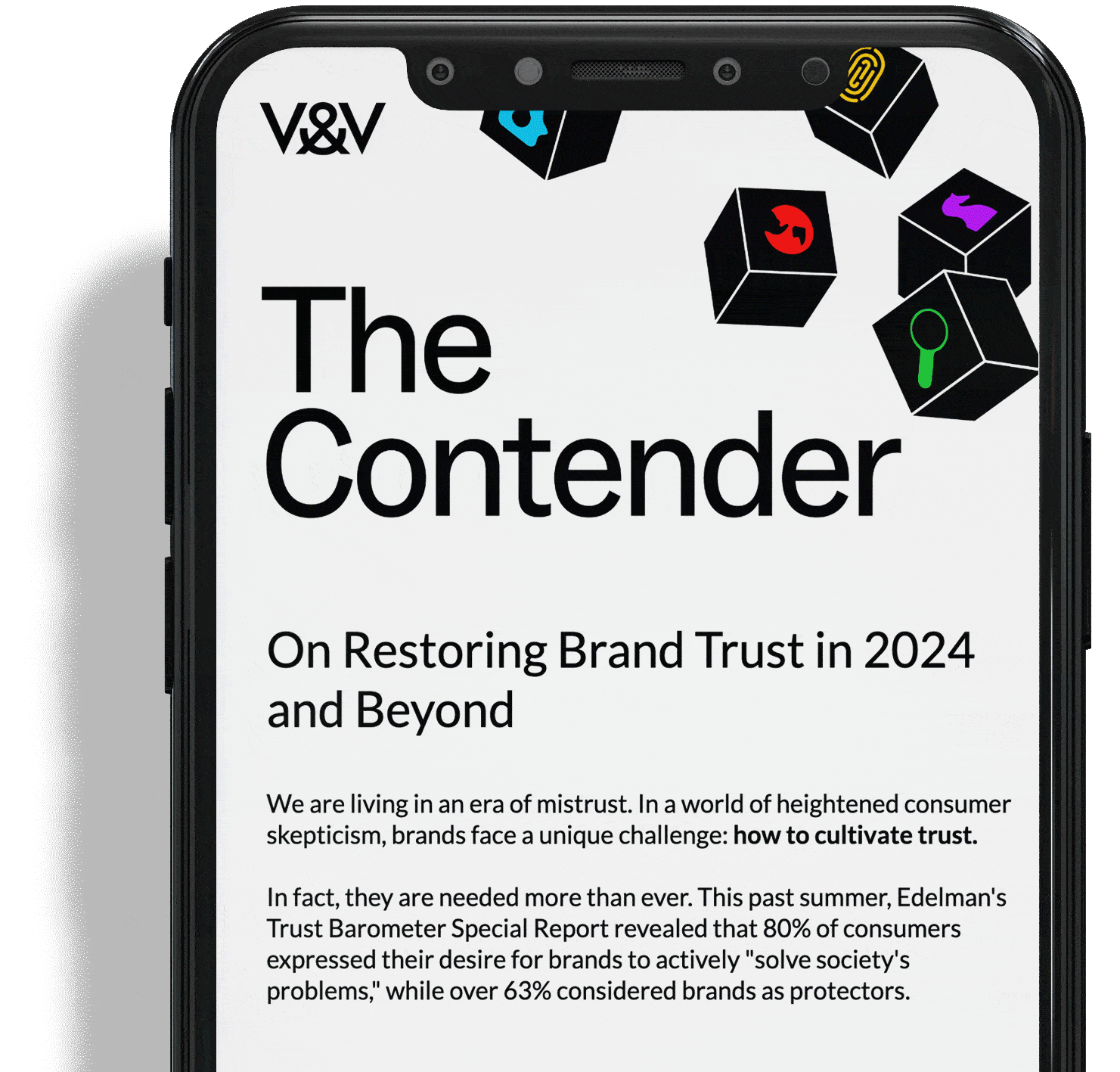Sustainability Commitments Remain Important for Brands
It’s clear sustainability matters. Not only are consumers willing to spend more on sustainable products, but for brands, taking steps to commit to the environment has a lasting impact on both people and planet.
Within our work at 5&Vine, we collaborate with socially responsible brands like Trove (a solution that lets other brands manage their own resale potential). We’re proud of their work advancing the sustainable commerce community. Our beginnings are also founded on sustainability, with our founder Rahul Raj building Walmart’s refurbishing infrastructure as Walmart.com’s Head of Sustainability.
We live for brands that want to not just upend the status quo with their products or services, but do so through long term sustainable development.
A Boom In Second-hand Shopping
One key way sustainability has been championed is in the boom of second-hand shopping, particularly within fashion and luxury. In Thredup’s 2019 Resale Report, the second-hand apparel market was set to double from $24BN to $51BN between 2018 and 2023, and second-hand garments are predicted to take up twice as much space in wardrobes in 2028 than they did 10 years prior.
“Even traditional retailers are starting to embrace second-hand. The resale customer is no longer somebody else’s customer, they are everybody’s customer. Mass market or luxury, if people can find a high-quality product for much less, they’ll choose used. As the line between new and used apparel blurs for consumers, a powerful transformation in retail will unfold,” says James Reinhart, co-founder and CEO of ThredUp in the report.
It’s a movement driven by Millennials and Gen Z, who are adopting second-hand apparel 2.5 times faster than any other age group, propelled by apps such as ThredUp, The RealReal, Poshmark and Depop.
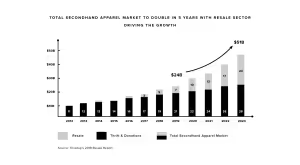
How COVID-19 Will Impact Sustainability Efforts
Since COVID-19 shook the world, some question whether that’s about to change. Some believe reselling apps are going to become more prevalent, driven by people looking to second-hand shopping as a way to ease finances. Others believe it’s going to prompt a shift in thinking around what defines ‘essential’, where second-hand is prioritized over new.
In the same ThredUp report, you can already see some of that coming to fruition. At the time of the report’s publishing, 40% of consumers now consider the resale value of an item before buying it. It also states that second-hand will be larger than fast fashion within 10 years.
“Resale offers the wardrobe-rotating fun of fast fashion without the guilt or waste,” says Elizabeth L. Cline, Author of The Conscious Closet, in the report. “By driving preferences away from disposable fashion towards higher-quality clothes, reuse is a boon for our personal style and the planet.”
It’s up to Challenger thinking and innovation to make that a reality.
As consumers spend more time inside they may look to reselling apps, and rethink what they deem ‘essential’. What they won’t alter is their want to support brands committed to the longevity of the environment. So, while we’re in a time pushing brands to a point where they need to make sacrifices to survive, sustainability shouldn’t be one of them.
Since the pandemic, with movement limited and people on lockdown, we’ve seen the environment change. Pollution in New York has been reduced by 50%, satellite visuals have shown nitrogen dioxide emissions fading from Italy, and air quality generally has improved worldwide. It’s these changes that will, if anything, shift perspectives so sustainability is expected even more when we emerge from the other side.
As we all get used to a new normal, every Challenger Brand has an opportunity to reassess the way they do business. As they do it’s important to introduce Challenger strategy and bypass short-term panic to instead evaluate their approach to supply chains, product and messaging, and re-establish their commitment to the planet.
If you enjoyed our post, Now Isn’t The Time For Brands To Curb Their Commitment To The Environment, check out Challenger Brands Dare to Care.





